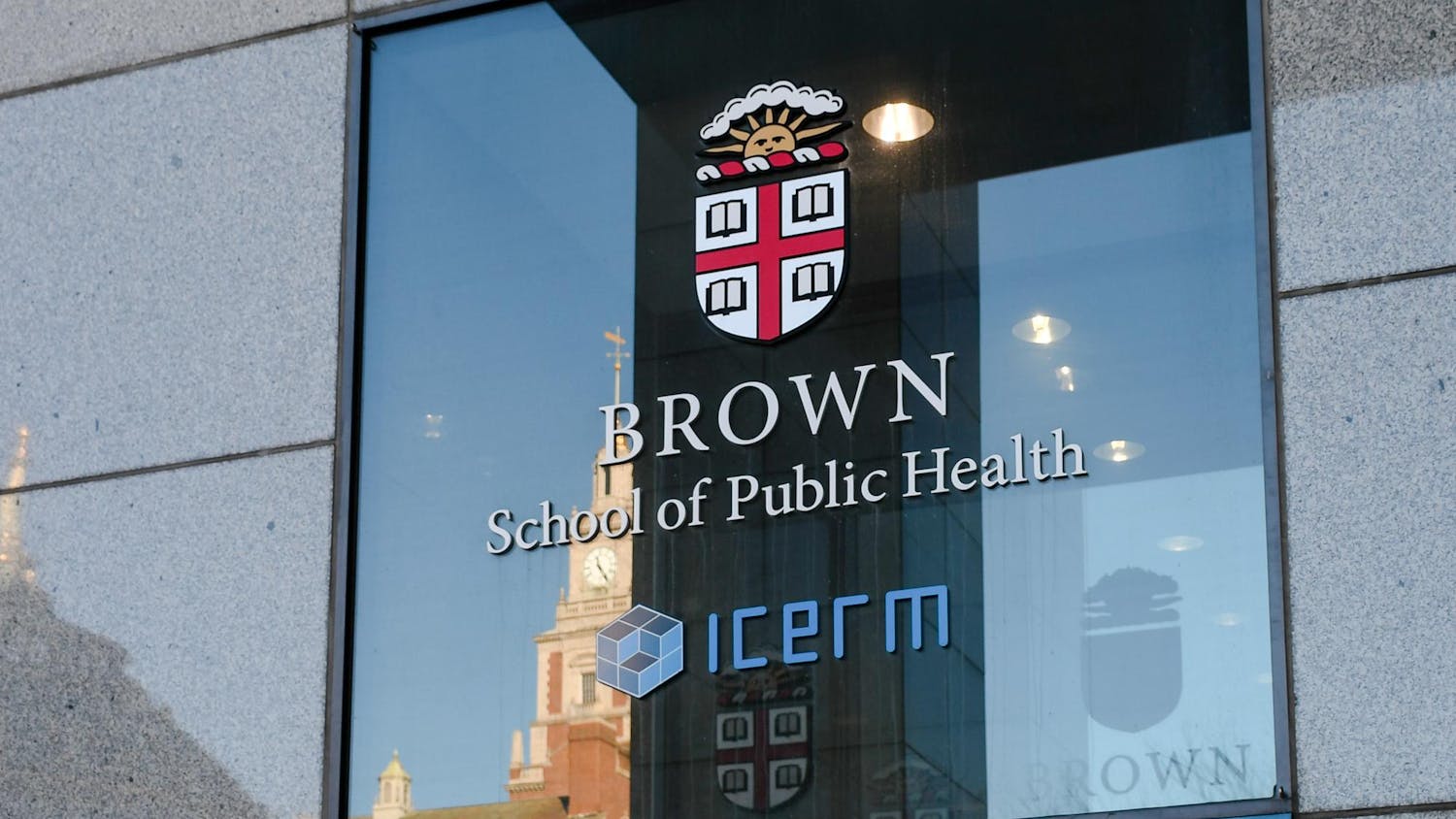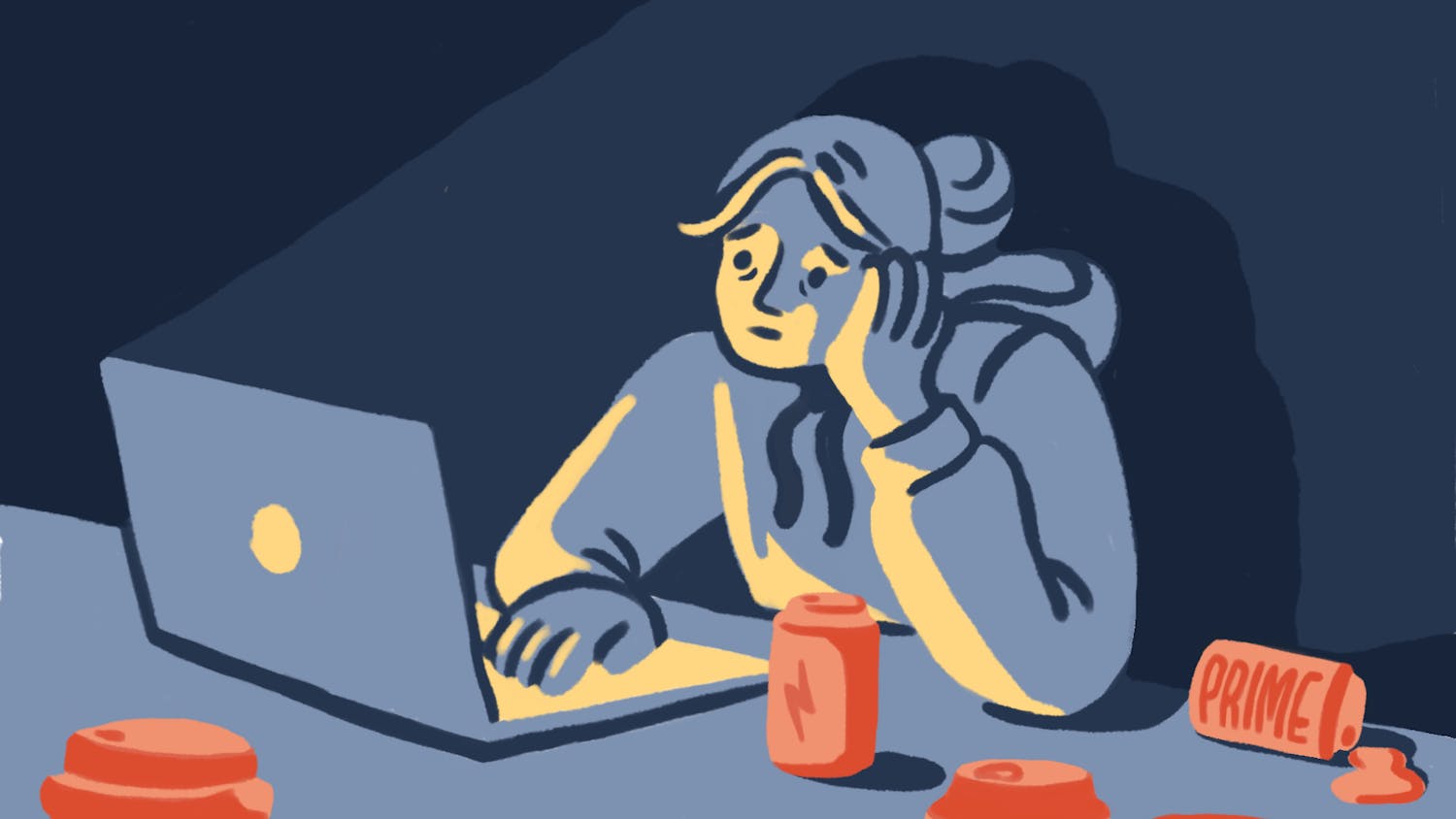The efficacy of antidepressants over placebos is a long-standing question in the practice of psychiatry. This question, and the narrowing gap in success rates between antidepressants and placebos prescribed for depressed patients, were explored in an article co-authored by Professor of Clinical Psychiatry and Human Behavior Walter Brown, which was published in the October issue of the journal World Psychiatry.
“I’ve had a long standing interest in placebo response,” Brown said, adding that over 50 percent of studies on antidepressants conclude that there is no difference between the drug and placebo.
Twenty years ago, antidepressants had a success rate of 70 percent in treating depressed patients, while placebos worked roughly 30 percent of the time, the article states. Over the past two decades, psychiatrists have seen those statistics converge.
It is important to understand that placebo treatments are not the same as no treatment, Brown said. Even if patients do not receive an antidepressant, those in clinical trials still receive common treatment factors such as counselling and support systems.
The effectiveness of antidepressants depends upon the severity of the individual patient’s depression, Brown said.
Depression is ranked according to different scales. In its most basic form, diagnosing the degree of depression involves cataloging a range of symptoms — from energy loss to suicidal thoughts — and assigning that patient a number to indicate the severity of his or her depression.
But where on the scale do antidepressants become more effective than placebo treatments? “That’s the central question here,” Brown said. “When antidepressants are used with mildly and moderately depressed patients, they really don’t have an advantage over a whole other range of treatments.”
Steven Roose, professor of clinical psychology at Columbia, who was not involved with the article, said that while the article did not cover any breakthroughs in the area, it touched upon some fundamental questions in the psychiatric community, especially in light of rising rates of depression.
“This isn’t a particularly new topic,” Roose said. “It’s not that the study is particularly interesting or new or anything; it’s that you have to understand the comparison. We’re comparing treatment to what?”
Paying attention to the specific subject pool is important when studying antidepressants prescribed to depressed patients, Brown said. “When a research study is limited to people who are severely depressed, you get a pretty big difference in the outcome of placebo treatment versus antidepressant treatment.”
Brown said it is notable that antidepressants themselves have not improved much over the years. Drugs developed in the 1950s have about the same success rate as drugs developed now, he said.
“It’s easy to demonize the pharmaceutical industry,” Brown said, adding that though these companies have developed new drugs, “the biggest problem is their lack of innovation.”
It is difficult to know how often antidepressants are prescribed to patients diagnosed with depression, but 70 percent of antidepressant prescriptions today are written by primary care physicians, Roose said. Primary care physicians do not necessarily determine the severity of depression.
An antidepressant prescription may not always be the answer for patients. Evidence-based medicine may play a large role in how often antidepressants are prescribed to depressed patients, said Roy Poses, clinical associate professor of medicine, who was not involved with the study.
Evidence-based medicine is the practice of making medical decisions based on the critical review of the best available research, while taking into account a patient’s preferences, physical condition and the health care system, Poses said.
In the case of antidepressant prescriptions, “evidence-based medicine can be misinterpreted,” Poses said. “Doctors can be practicing based on whatever the latest trial is.”




